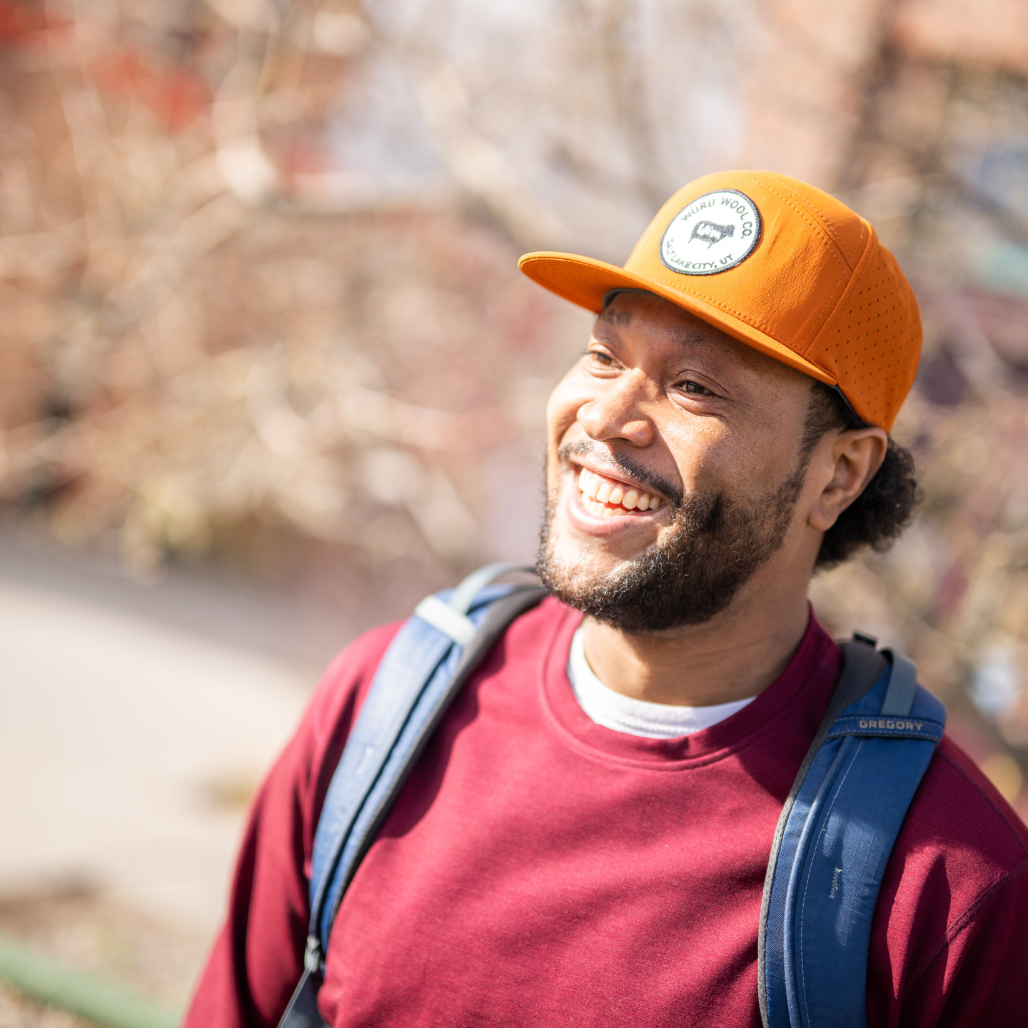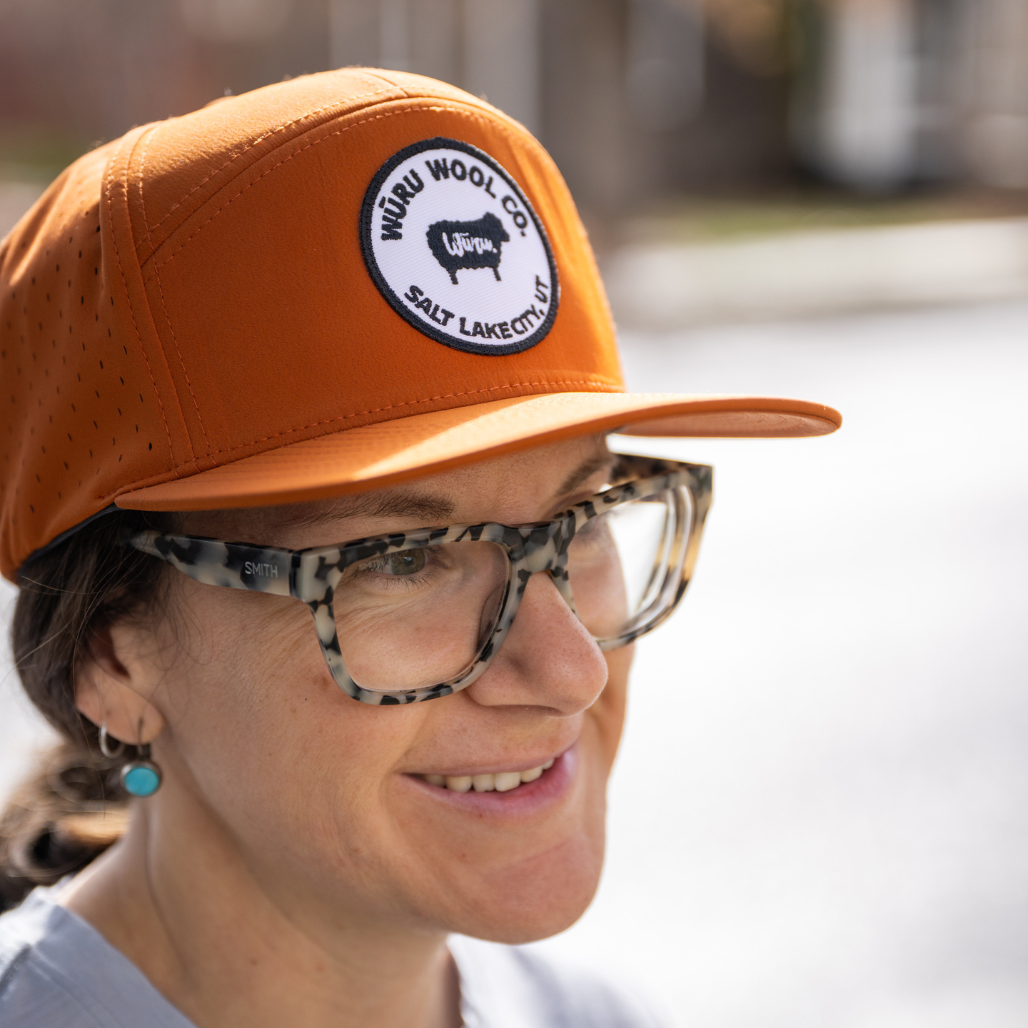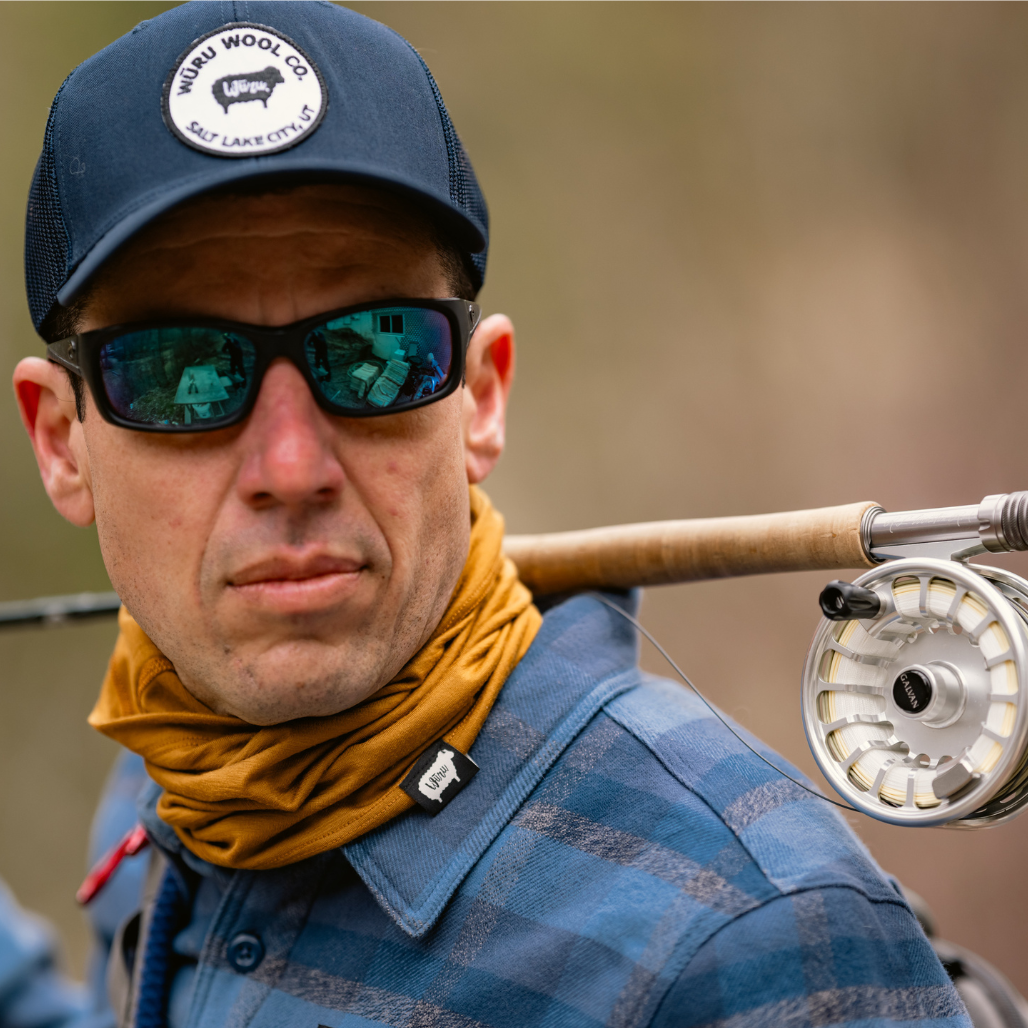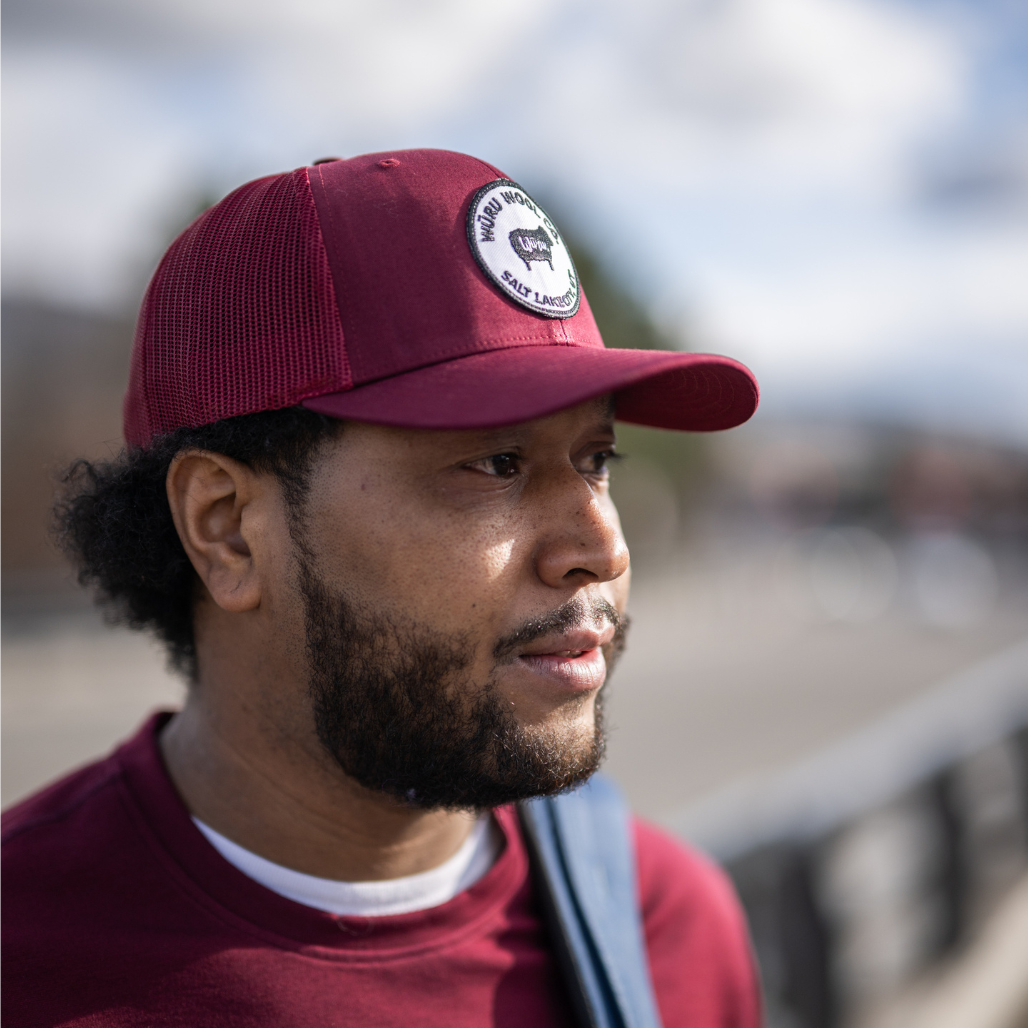
Risk can be given models and statistics, but statistics can lie. There are perfectly healthy people who fall over from heart attacks. A single impact to the chest. A stone falling with somebody underneath it. Vending machines and cows and taking selfies on the edge of cliffs. The turkey is grateful for the feeding and land to roam until Thanksgiving comes.
Zac Barbiasz was driving through the small town of Portola, California. It is named after Gaspar de Portola, a Spanish explorer who founded San Diego and Monterey, on the opposite end of the state. There are barely over 2,000 people in it. By a cursory glance, there is only one stop light in the town. It was where this singular stop light rests that Zac experienced a turning point in his life.
At 60-80 miles per hour in a 35 mph zone, drunk, high on acid, and on the phone, a woman shot her car into the rear driver’s side of Zac’s car. The right arm reached out to protect his girlfriend. The car spun furiously until it rested after a second impact with a telephone pole. High on adrenaline and the realization he had lived, Zac sprinted out of the car and checked on the passenger. The small town came alive with the murmurations of witnesses, Portola Frosty customers, and settling metal.
Zac had lived. His girlfriend had lived. Even the woman driving drunk and high on acid had lived. It was not without consequences.
There was now a traumatic brain injury, and a hurt back to contend with. Zac experienced anger in ways he never had before. He couldn’t work for a month. The small things were connected to the big things, and they were awash in anger at the injustice of being hit. Unnecessarily, irresponsibly, a man’s life had been changed. Mortality was no longer unthinkable, constant positivity no longer reachable. Zac attended PT for his back 5 days a week. He worked furiously, promising to come back stronger.

Since the accident, he began using his vacation to visit family. He knew that he didn’t have all the answers. The small stuff became the small stuff, and the big stuff became important. Even though he lost some of himself, he’s become more of who he truly is. The permission to show the less positive sides of himself, to have even the negative sides be known, was an unexpected silver lining.
It took months until he was able to think clearly again. Zac weathered another car accident nearly a year and a half after the first, and went back to PT. By then he was different from the first time. He could listen, he could empathize with other people who struggled better.
“I didn’t get why people could be angry all the time. I had a pretty charmed life, but after the car accident, I understood how life could wear on people.”
There was a chance when one of his friends who had helped him through the first accident got in a car crash of his own. Zac was one of the first at his door. He didn’t offer empty promises that everything would be fine, but talked about the reality of coming back from injury. The disruption, the injustice, most of all the time. That time can bring clarity and compassion and sometimes you can come back better.

He calls himself “Zac 2.0” now. Dog by his side, hair in the wind, he completed a 30+ mile mountain run in July. He competed in a skimo race, finishing 12th, and has objectives for racing next year, in the winter and in the summer. There is an ease and depth in talking to him now, whether from FKT attempts to the nature of mortality. Sometimes the risks are worth taking.

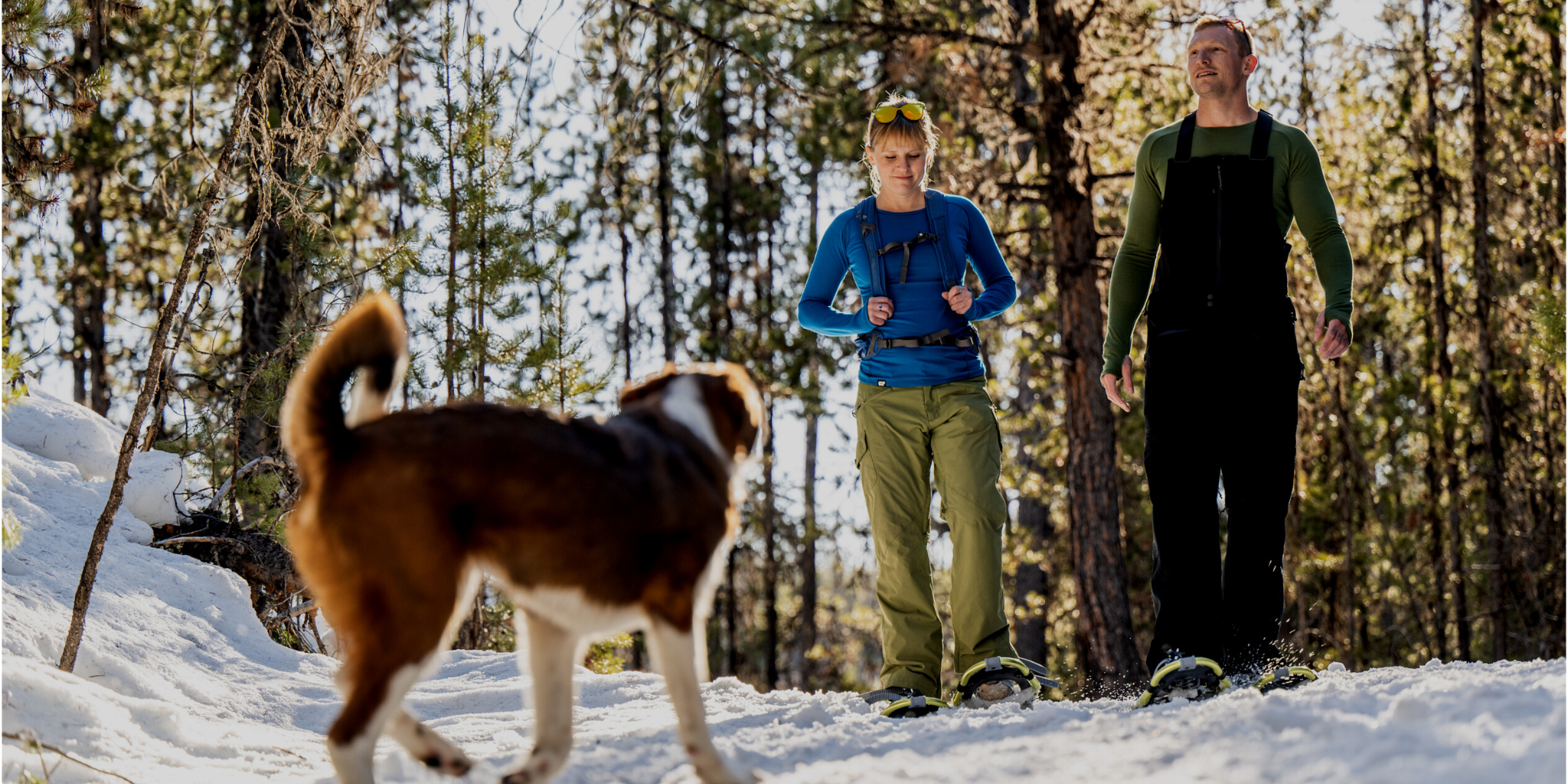
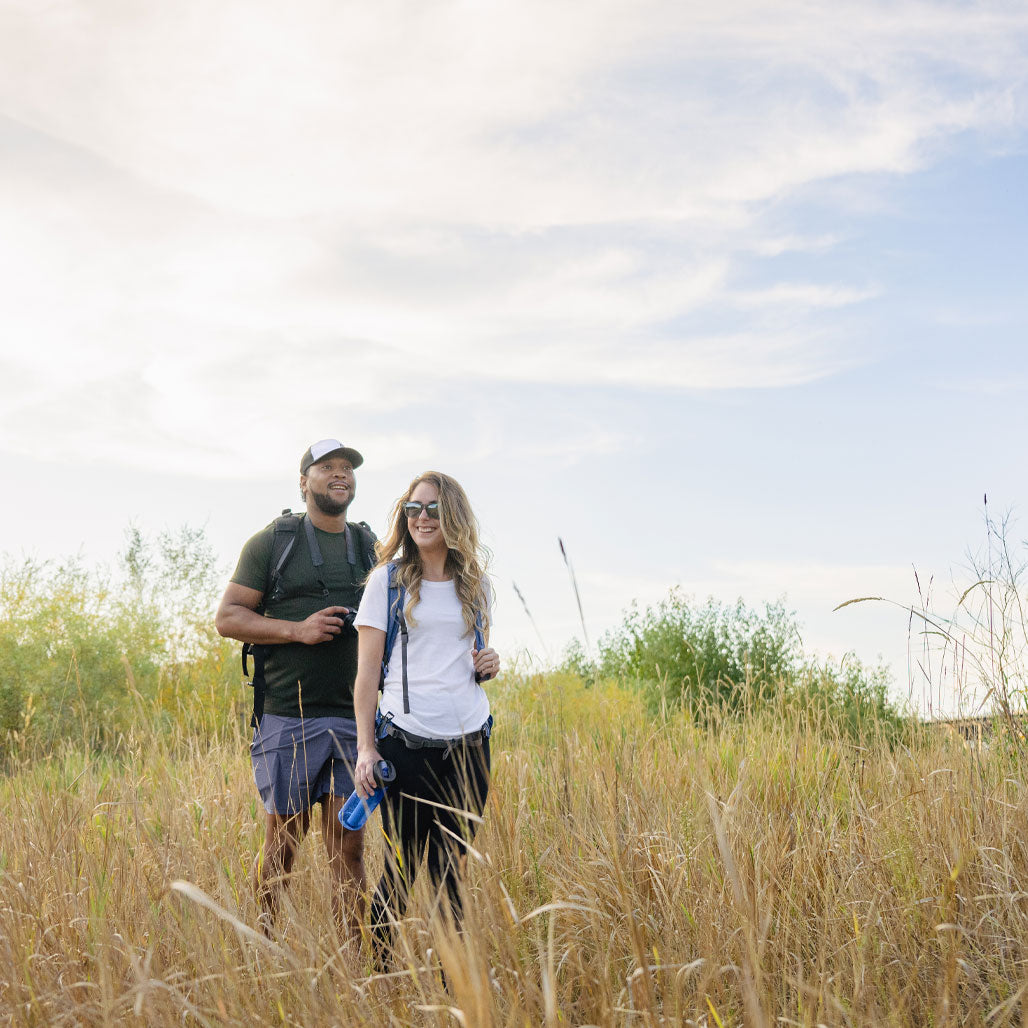

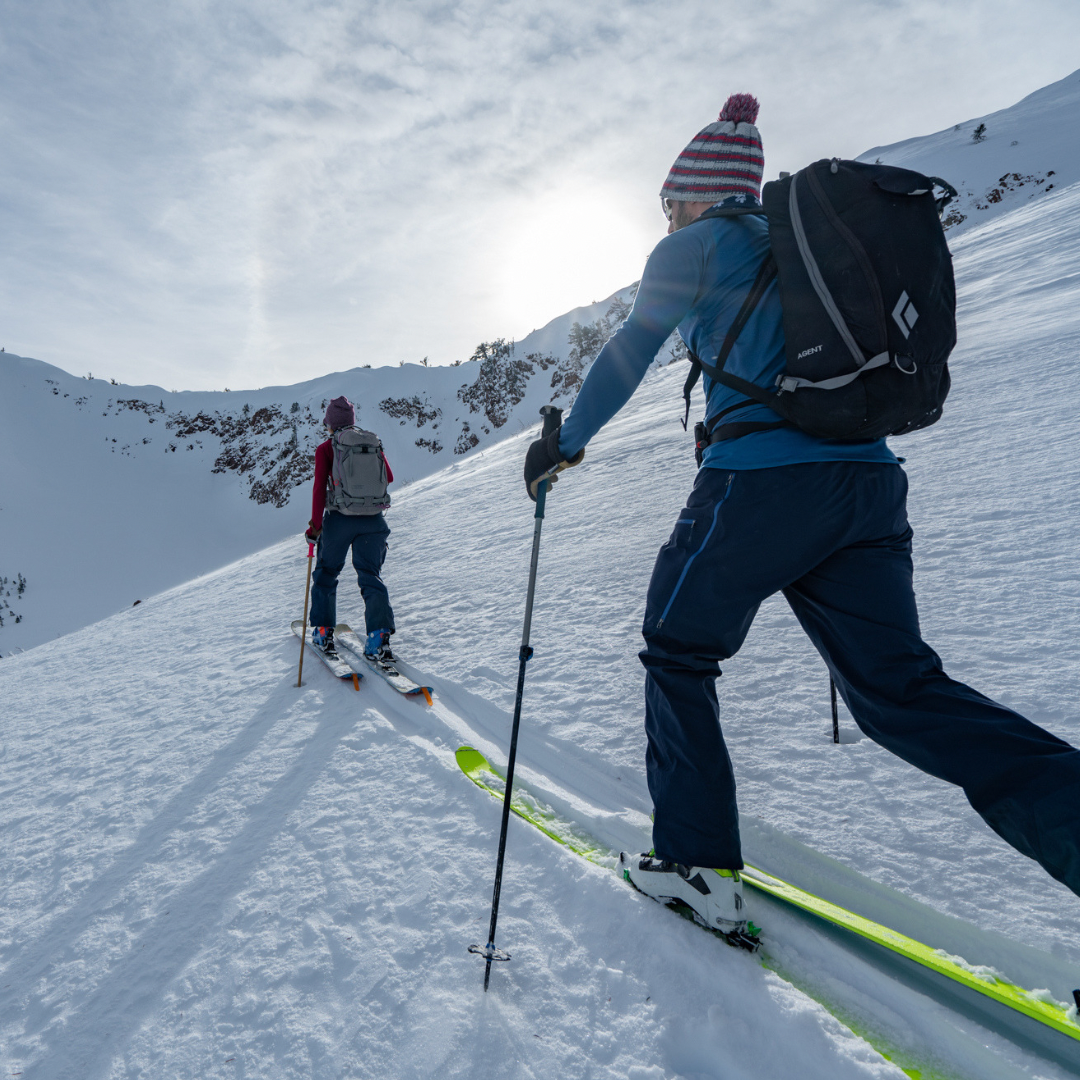
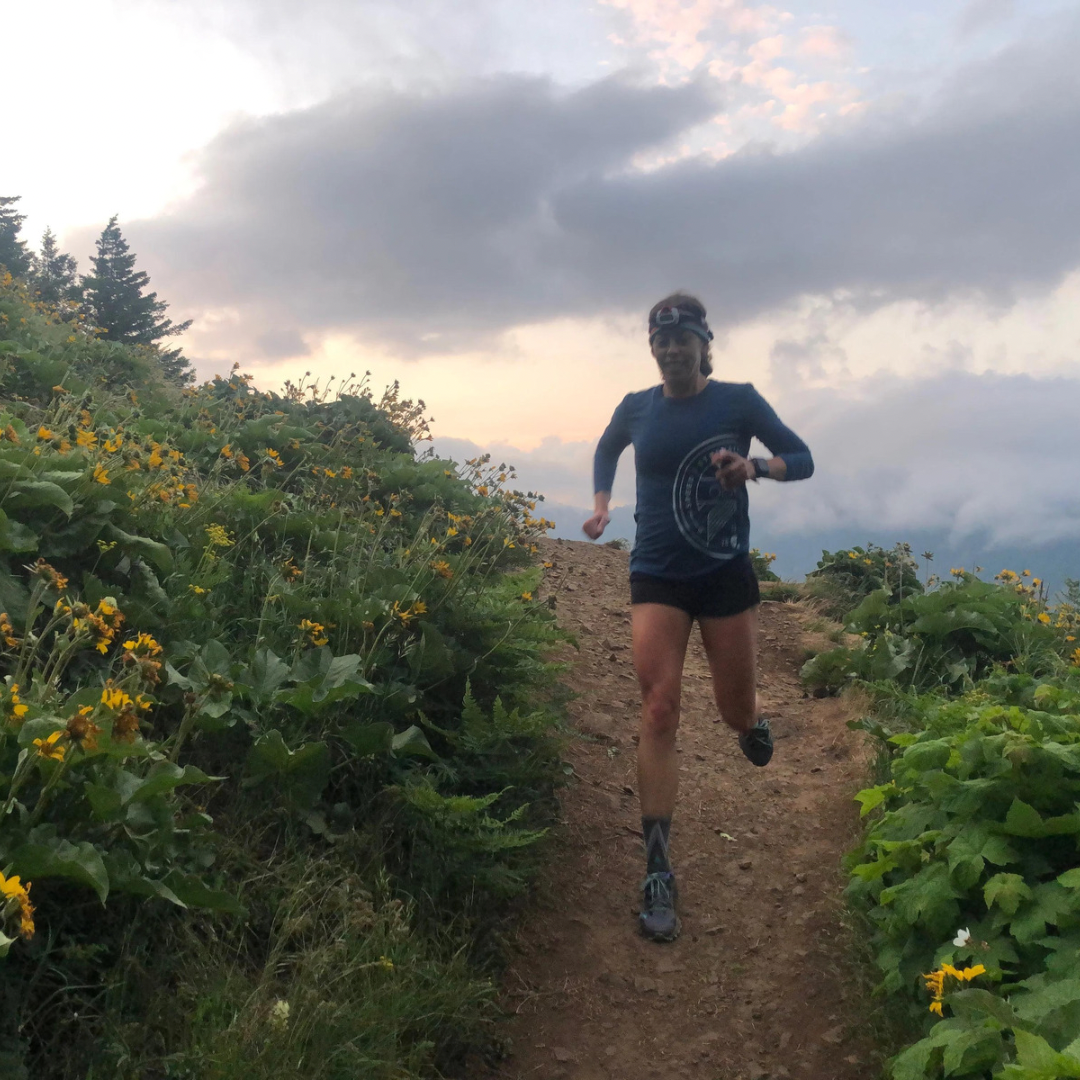


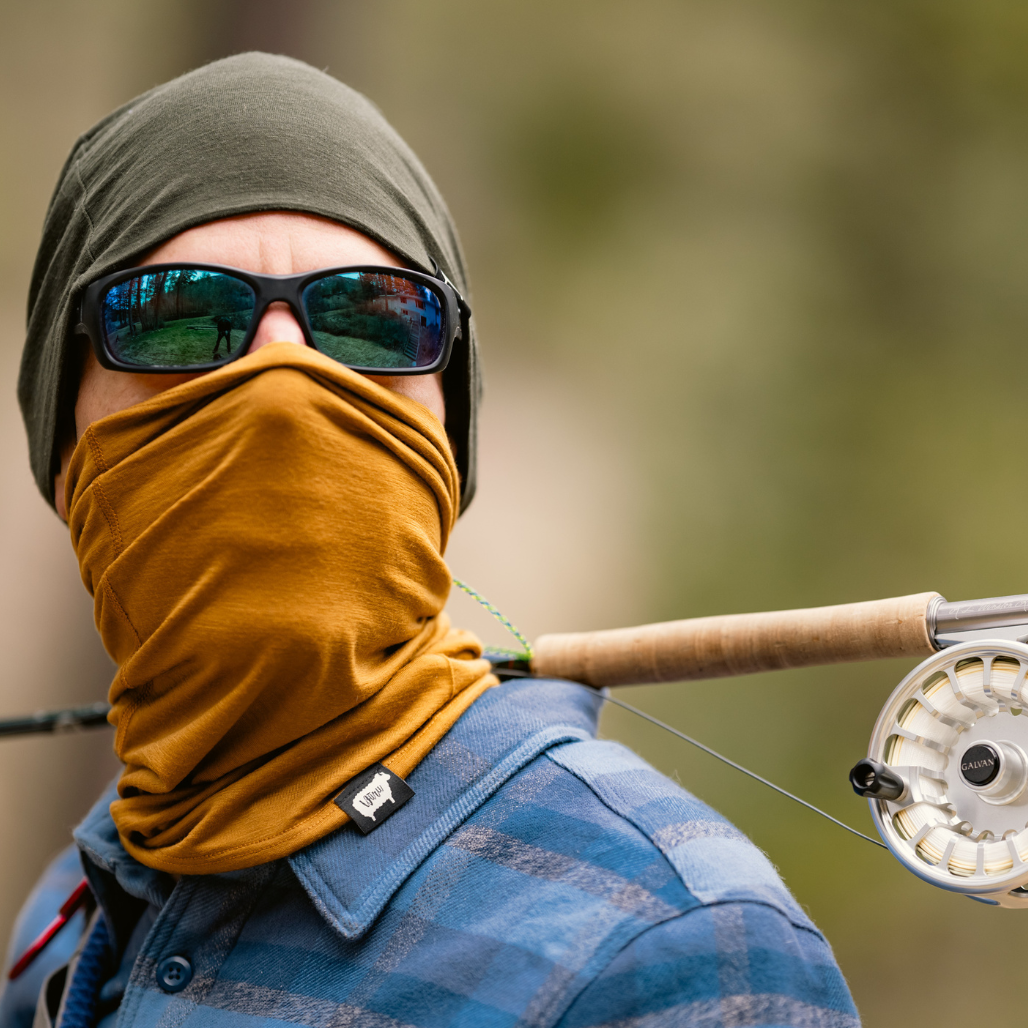
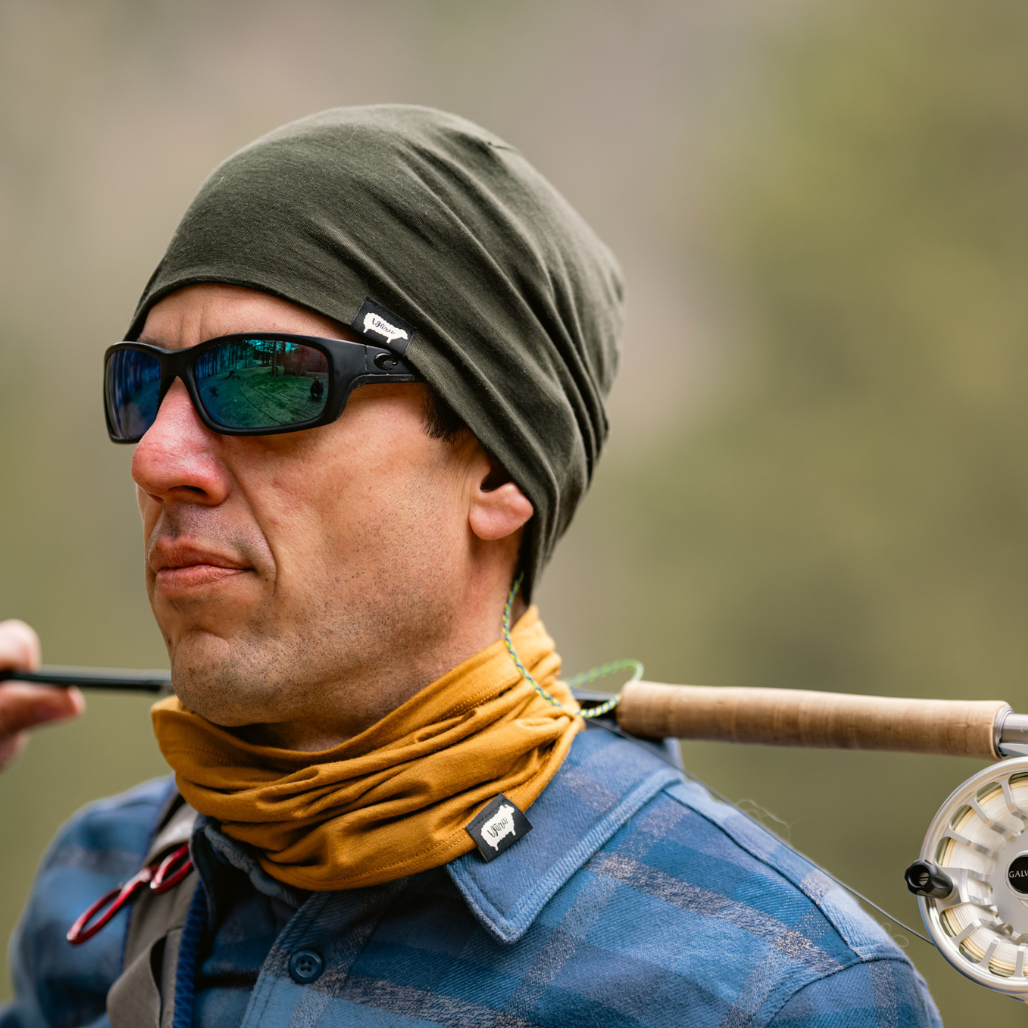













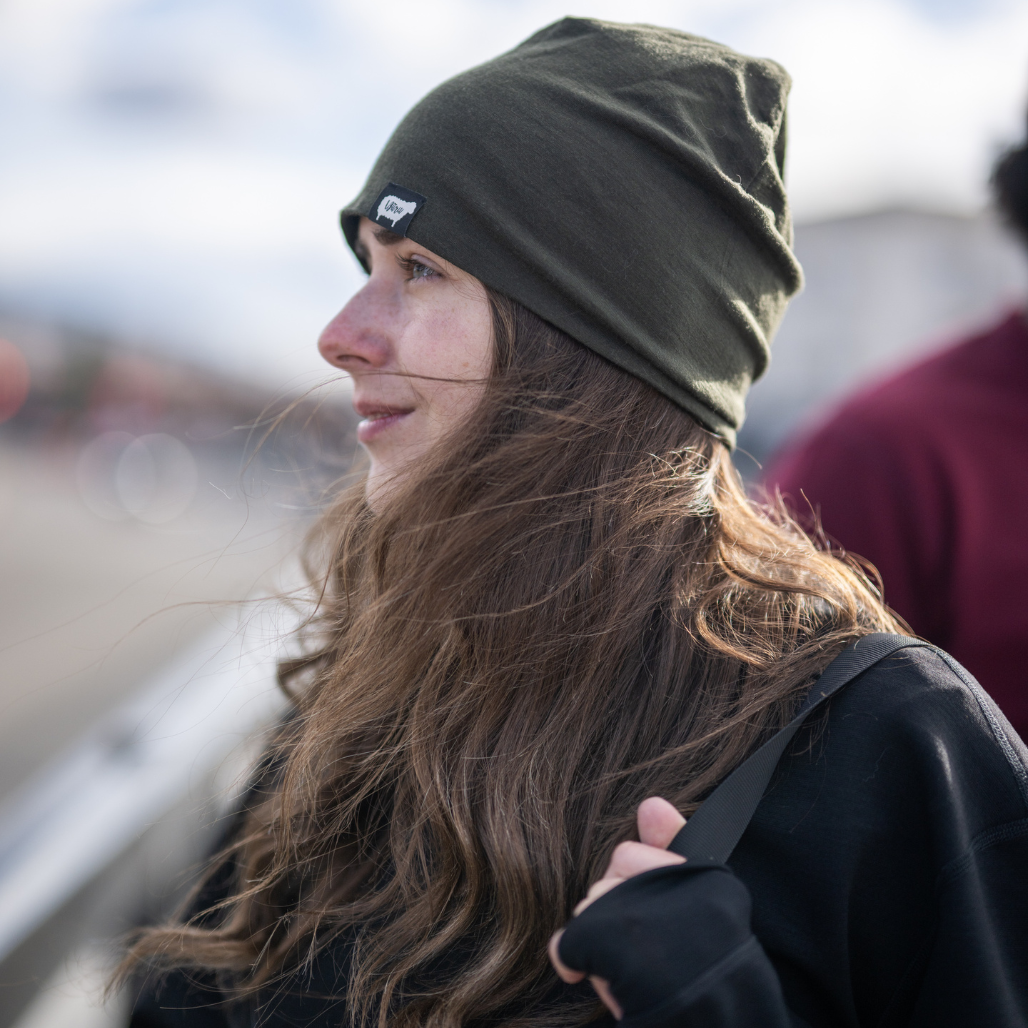


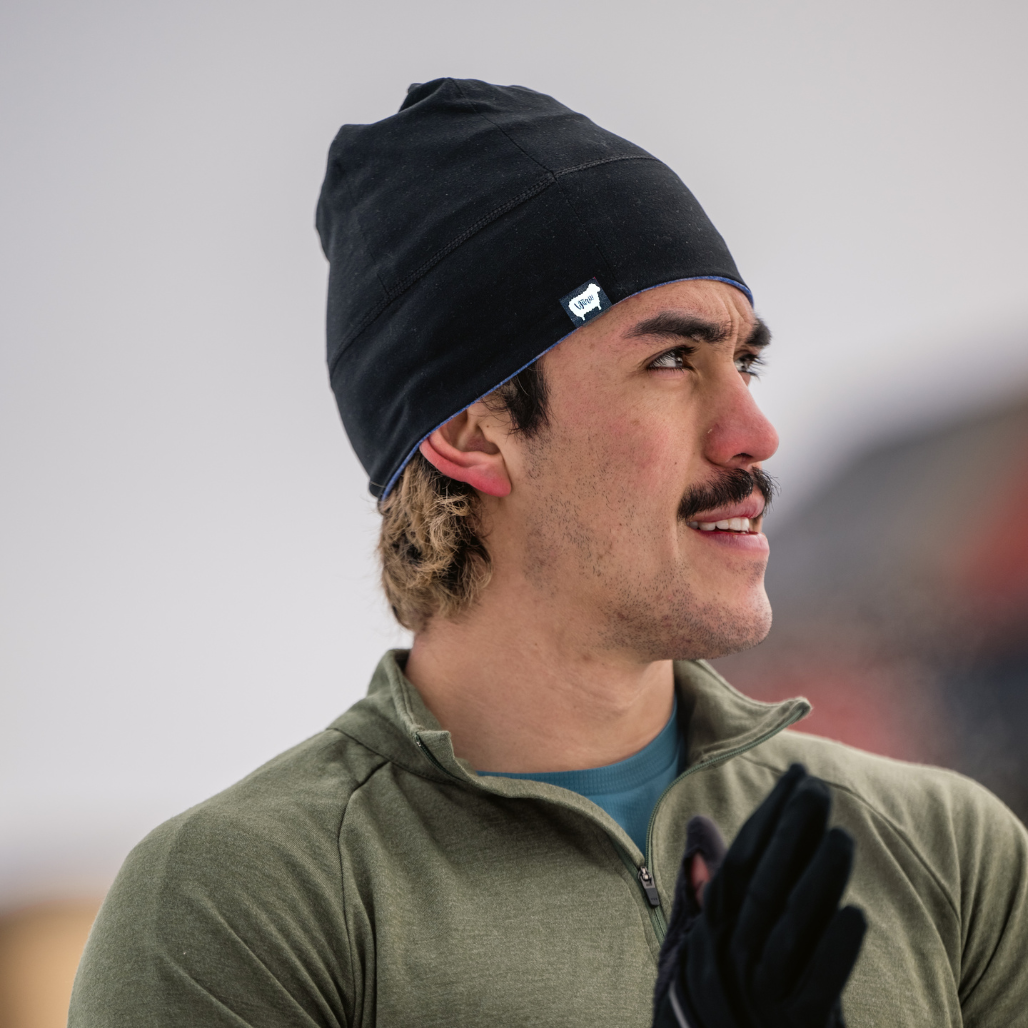





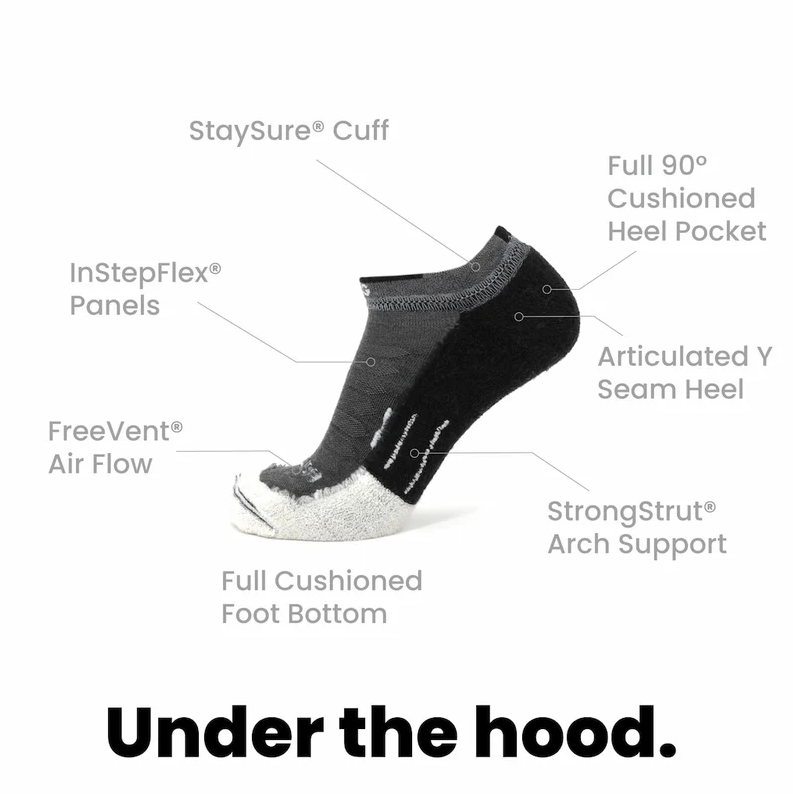






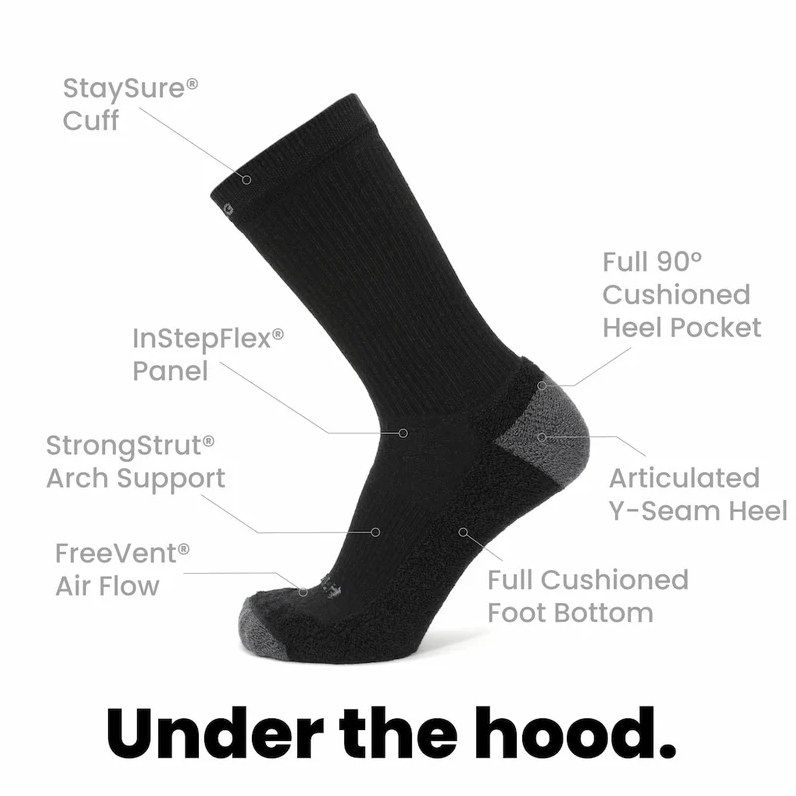



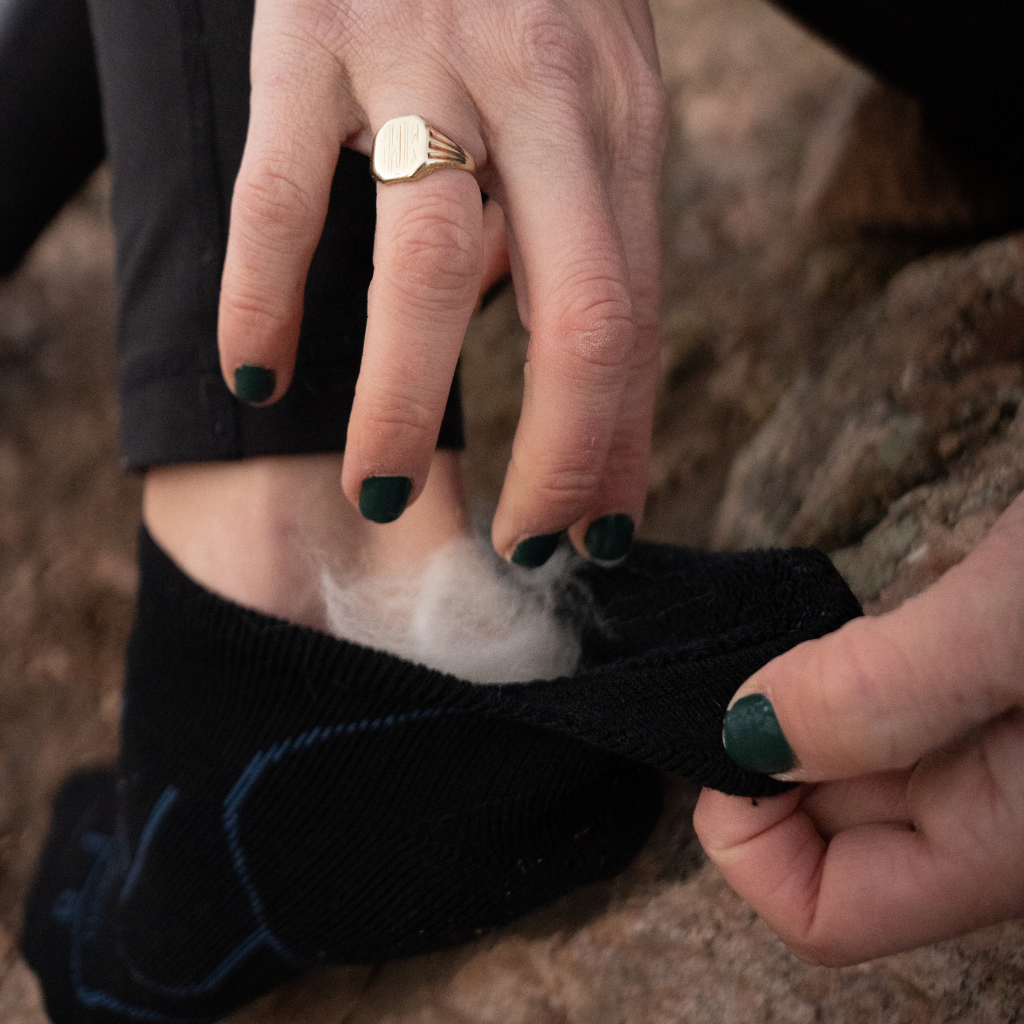

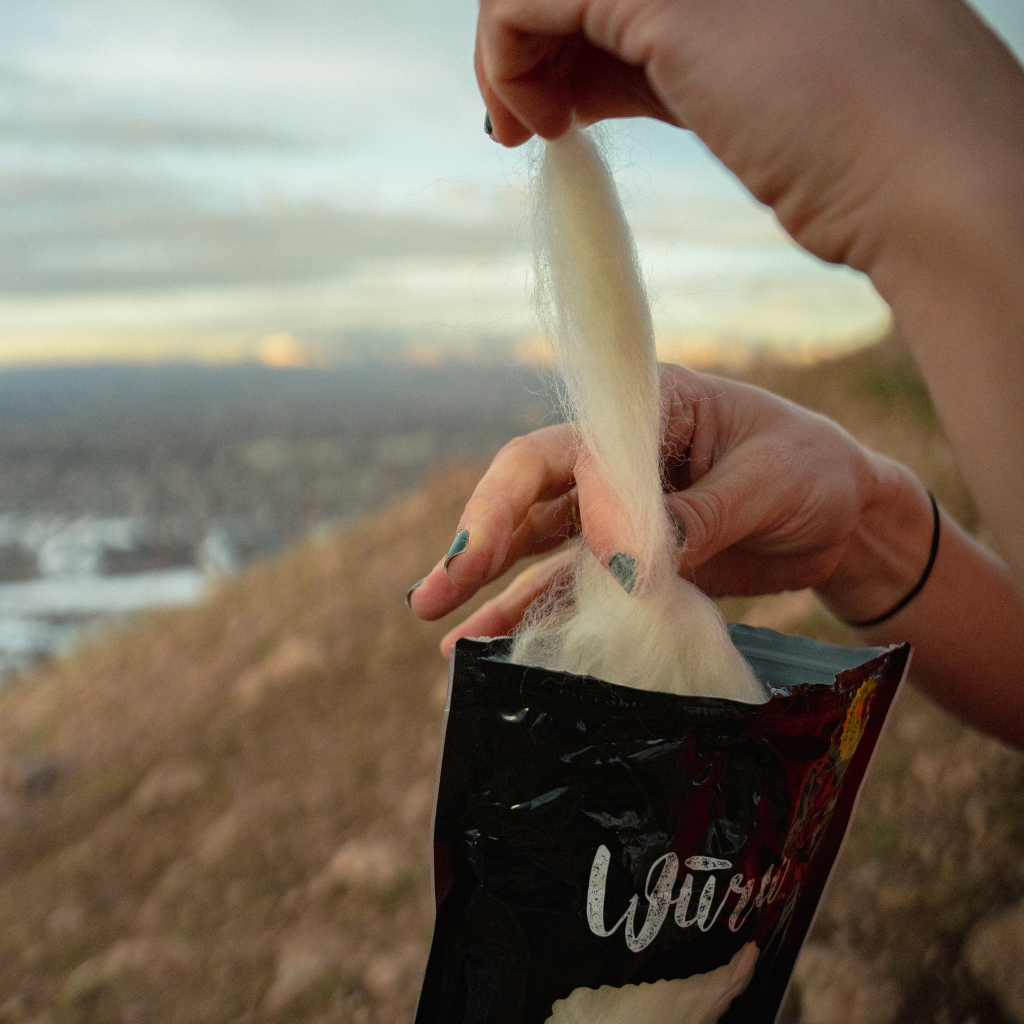
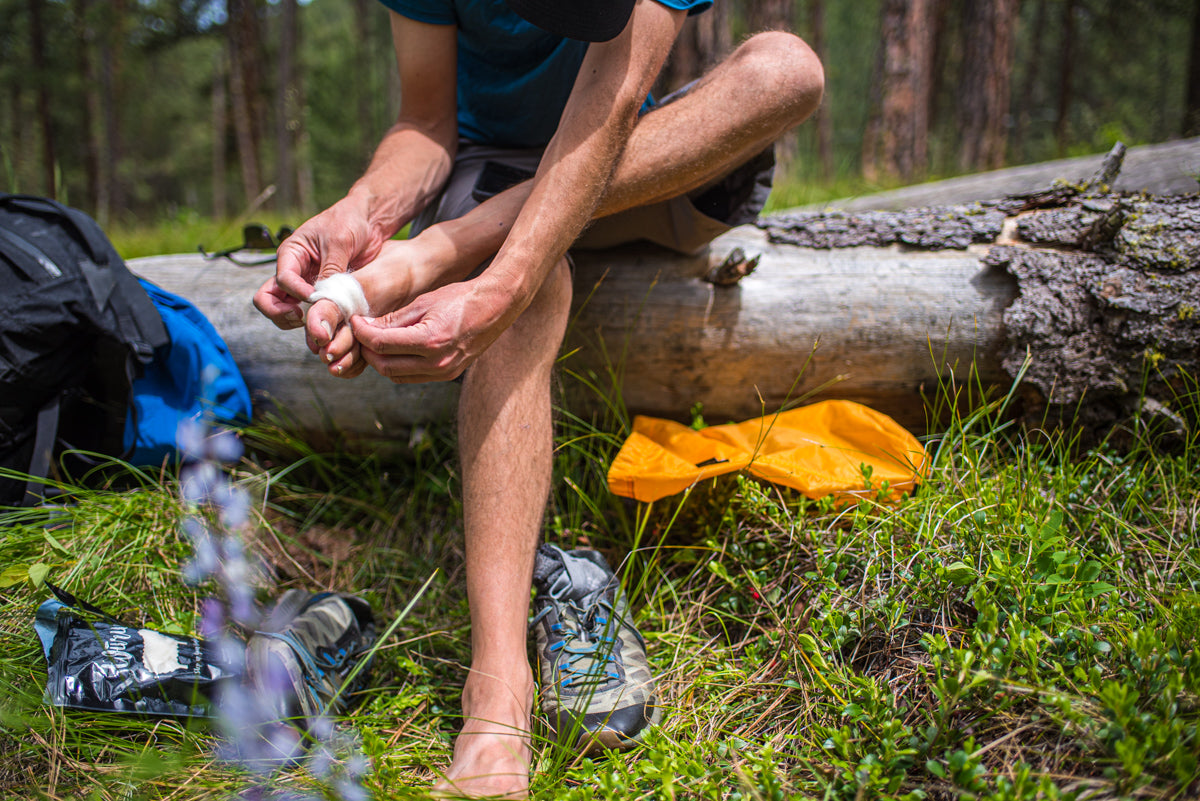



![WURU Sports Wool - [variant_title] - WŪRU Wool](http://wuruwool.com/cdn/shop/products/Wuru_Pouch_Rear-min.jpg?v=1662055475&width=1000)






